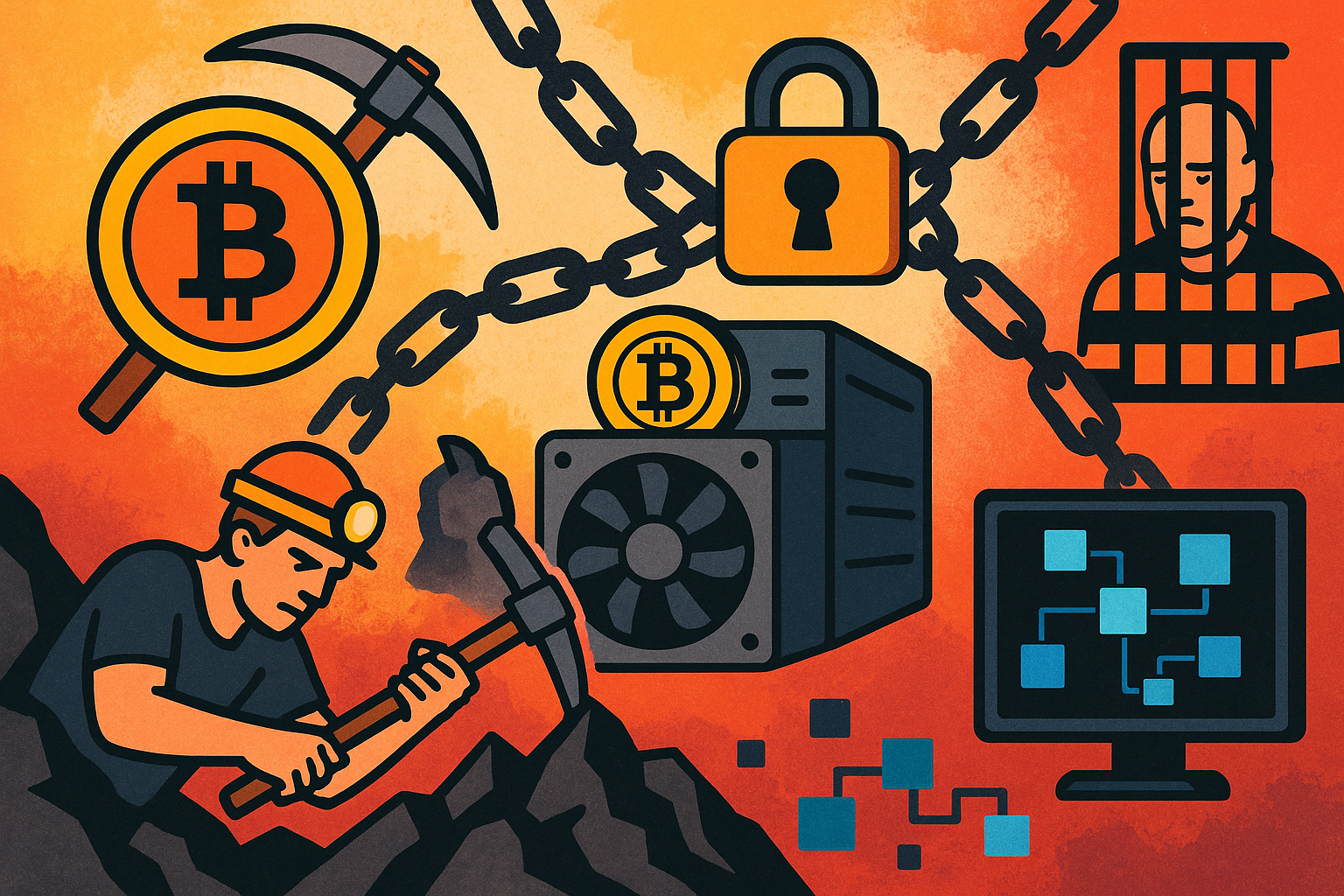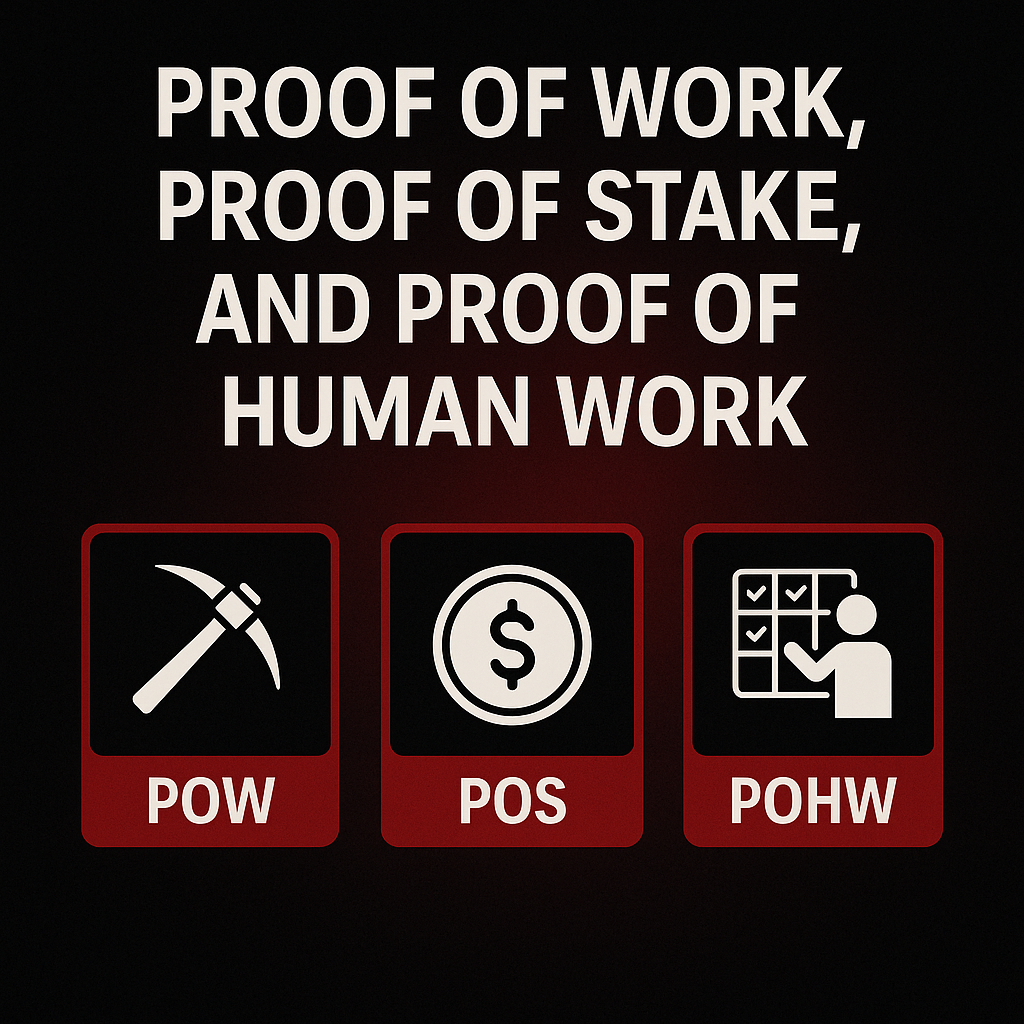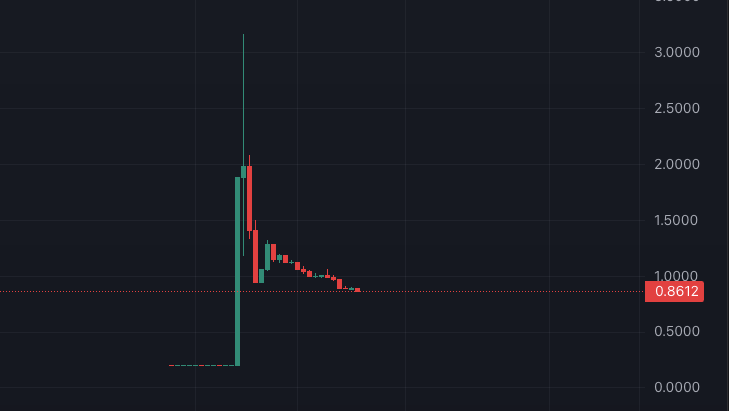
Dusting Attacks: Beware of random tokens in your wallet! Do not interact—protect your crypto.
Unsolicited crypto airdrops are NOT safe. Seeing free tokens in your wallet might seem like a bonus, but beware because these airdrops are often a scam designed to drain your wallet. Scammers are getting smarter, even airdropping fake copies of tokens you already own to trick you into interacting with the wrong one.
What are Crypto Airdrops?
A crypto airdrop is the distribution of free cryptocurrency tokens to wallet addresses, typically as part of a promotional campaign or community incentive. Airdrops are commonly used by blockchain projects to increase awareness, reward loyal users, or encourage adoption of a new token.
Types of Airdrops:
- Standard Airdrop – Tokens are distributed for free without requiring any action from the recipient.
- Bounty Airdrop – Users receive tokens in exchange for tasks like sharing on social media or referring others.
- Holder Airdrop – Tokens are sent to users holding a specific cryptocurrency (e.g., a project airdropping tokens to Ethereum holders).
- Malicious Airdrop – A scam where attackers send fake tokens to trick users into interacting with harmful contracts.
🔍 How Malicious Airdrops Work
Scammers send tokens to thousands of random wallets, hoping to deceive users into making a costly mistake. Here are some common scams:
- Fake Copies of Real Tokens – Scammers create a fake version of a popular token (e.g., a fake “BONK” or “PEPE”) and airdrop it to users who hold the real one. If you try to sell, swap, or stake it, you could be granting full control of your wallet.
- Phishing Websites & Wallet Drainers – Some fake tokens include a link in their metadata, leading to a website that tricks you into connecting your wallet and signing a malicious transaction.
- Approval Scams – Attempting to trade the fake token might require an approval that gives scammers full spending control over your real assets.
- Dusting Attacks – By sending small amounts of these scam tokens, attackers analyze wallet activity to target high-value holders for future attacks.
⚠️ What to Do If You Receive a Suspicious Airdrop
- Do NOT interact with it – Never try to trade, stake, or approve unknown tokens.
- Verify the contract address – Check the official contract on CoinGecko, CoinMarketCap, or the project’s official website before interacting with any token.
- Ignore URLs in token metadata – Never visit websites attached to unknown tokens.
- Use blockchain explorers – Tools like Solscan, Etherscan, and BSCScan can help check whether a token is legitimate. Look for red flags like “mintable” or “proxy” functions.
- Hide it, don’t transfer it – Moving the fake token could alert scammers that your wallet is active, making you a target.
✅ How to Protect Yourself
- Double-check token contracts – Always verify that you’re interacting with the real token, not a fake version.
- Revoke unnecessary approvals – Use tools like Revoke.cash or SolanaFM to remove any risky permissions.
- Use a burner wallet – If you must experiment with unknown tokens, use a separate wallet with no real funds. Do this if you are farming airdrops.
- Stay updated on new scams – Follow reputable sources to keep up with evolving threats.
Are Crypto Airdrops Worth It?
For most people, no. If you are smart and have been in crypto for a while, then maybe you won’t get scammed. Just make sure that you are using a separate throw-away wallet.
Related: Why You Need a Dedicated “Crypto-Only” Trading Device
🚀 Stay Safe & Spread the Word!
Scammers rely on confusion and ignorance. Now that you know how dangerous crypto airdrops are, help others stay safe:
🔁 If this helped, share it with others so they don’t fall for the trap!
S Taylor is a crypto trader with five years of experience, having navigated a wide range of market dynamics and witnessed numerous scams firsthand. As a former victim of scams, S Taylor turned their focus to blockchain forensics and Solidity Smart Contract development, gaining deep technical expertise in the field. With a unique insider’s perspective, they’ve been involved in various crypto projects, where they’ve seen how developers can exploit vulnerable investors.
S Taylor is also the published author of Meme Coins Made Easy, a comprehensive guide that teaches beginners about cryptocurrency and how to identify and avoid common scams. S Taylor is dedicated to sharing valuable insights and helping the crypto community stay informed and safe.
Disclaimer: This article is for informational purposes only and should not be considered legal, tax, investment, or financial advice.






